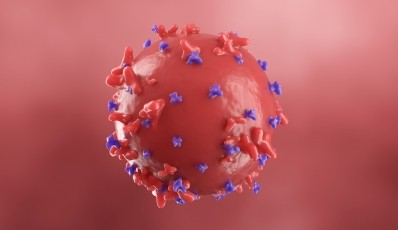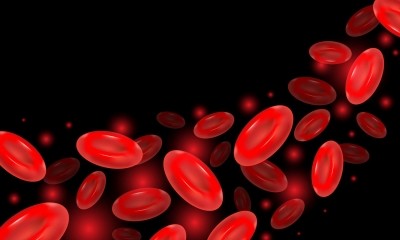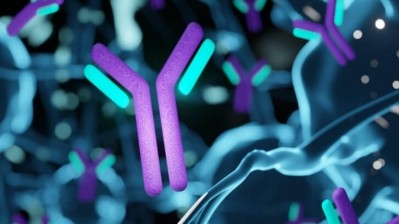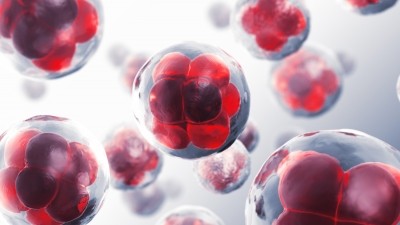Orgenesis touts early clinical promise of CAR-T therapy with decentralized production in mind

In the clinical trial, which involved 233 patients, ORG-101 showed a complete response rate of 82% in adults and 93% in children with the blood cancer CD19+ acute lymphoblastic leukemia. Meanwhile, just 2% of adults and 6% of children showed signs of cytokine release syndrome, a common and potentially life-threatening complication of CAR-T therapies where the immune system becomes overactive.
CAR-T cell therapies are gaining traction for their potential in sending patients into long-lasting remission from blood cancer. Traditional forms of the therapy consist of extracting immune T cells from a patient, engineering the cells to hunt down cancer cells, and then reinfusing them. This typically requires sending cells to and from a central production facility, which presents a logistical challenge to providers.
To tackle this obstacle, Orgenesis helps clients to manufacture advanced therapy candidates at the point of care with decentralized production facilities, which are designed to manufacture the candidates faster and more cheaply than traditional methods. The company is also developing its own pipeline of cell and gene therapies with the help of a network of partners.
Orgenesis expects to publish more details of the ORG-101 clinical trial in the near future and plans to launch a phase 1/2 trial of the CAR-T therapy candidate. With the help of Good Manufacturing Practice (GMP)-validated platforms that Orgenesis recently acquired, the company has also generated production data suggesting that it can make ORG-101 cheaply in a decentralized manner.
Vered Caplan, CEO of Orgenesis, publicly stated that these milestones are “a significant step forward for our strategy to combine our strong capabilities in decentralized cell therapy production with our regional partnerships.”
On the back of Orgenesis’ latest data, the UK-based Harley Street Healthcare Group (HSHG) plans to support the development of the candidate by setting up a Global Cancer Initiative. The initiative has the mission to democratize advanced therapies by sharing the costs and risks of drug development between its partners and lowering the cost for patients.
Last month, Orgenesis and HSHG set up a joint venture to provide health and wellness services such as personalized preventative care and regenerative medicine. The venture aims to launch a range of products around the world by the end of this year including immune cell banking, longevity therapies and stem cell therapies. According to the terms of the deal, HSHG, which will invest up to $10 million in Orgenesis and the joint venture over three years, will own 51% of the joint venture.
The global market for CAR-T cell therapy is expected to balloon from $2.75 billion in 2022 to $15.97 billion in 2030, with Gilead’s Yescarta holding more than 40% of the market in 2022. This growth is being driven by increasing cancer cases globally and new therapies passing regulatory hurdles.
While big pharmaceutical companies can currently meet the production demand for CAR-T therapies using centralized facilities, soaring demand could see automation and decentralization of CAR-T manufacturing increasingly adopted worldwide.














